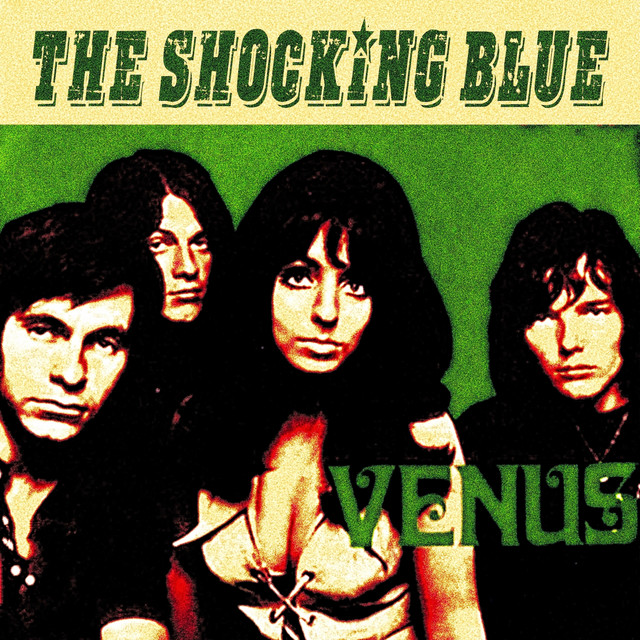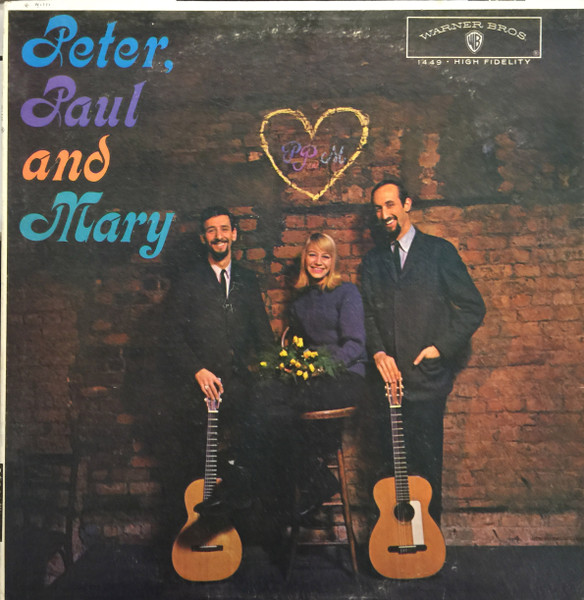 “Promised Land” by Chuck Berry is one of those rare rock and roll songs that feels like a speeding train — unstoppable, full of grit, hope, and unrelenting motion. Released in 1964, the song doesn’t just tell a story — it takes listeners on a journey across the United States, from the Deep South to the shimmering hope of California. With its relentless rhythm, vivid lyrics, and Berry’s inimitable performance, “Promised Land” represents not only a geographical trek but also a cultural and spiritual pilgrimage toward freedom, opportunity, and the mythic American dream.
“Promised Land” by Chuck Berry is one of those rare rock and roll songs that feels like a speeding train — unstoppable, full of grit, hope, and unrelenting motion. Released in 1964, the song doesn’t just tell a story — it takes listeners on a journey across the United States, from the Deep South to the shimmering hope of California. With its relentless rhythm, vivid lyrics, and Berry’s inimitable performance, “Promised Land” represents not only a geographical trek but also a cultural and spiritual pilgrimage toward freedom, opportunity, and the mythic American dream.
Written while Berry was serving time in prison, “Promised Land” is based musically on the traditional tune “Wabash Cannonball,” a classic American folk song that pays homage to train travel and westward mobility. But lyrically, Berry transforms the folk roots into a modern narrative of a Black man hitchhiking and bus-riding across the country. With intelligence, humor, and impeccable storytelling, he crafts a story that is distinctly American yet deeply personal. What makes this even more fascinating is that Berry wrote the lyrics while imprisoned in the early 1960s — an ironic and poignant fact when you consider that the song is all about motion and liberty.
“Promised Land” opens with immediacy: “I left my home in Norfolk, Virginia, California on my mind.” From that line forward, Berry invites us into a breathless itinerary that spans the nation. From the Carolinas to Georgia, from Alabama to New Orleans, and finally to Los Angeles, the song is a road map set to a rock and roll rhythm. Each verse offers another city, another leg of the journey, a new challenge, and another brush with luck — or bad luck. The lines move fast, mimicking the motion of buses, trains, and dreams. Every mention of a city or state not only paints a picture of the land but echoes the culture, tension, and promise of 1960s America.
The structure of the song is deceptively simple. It’s a traditional twelve-bar blues rock format, common to many of Berry’s compositions. Yet, it feels anything but ordinary. The guitar riff — classic Berry — buzzes with energy and clarity. The backup instrumentation is lean but effective, allowing the story to dominate without overshadowing the song’s bounce and grit. This perfect balance between musical economy and lyrical expansiveness is one of the secrets to Berry’s genius.
“Promised Land” also holds a mirror to the spirit of the civil rights movement. Berry doesn’t explicitly mention race or politics in the song, but the subtext is loud and clear. Here is a Black man navigating the geography of a divided nation, relying on buses and friendly truckers, facing breakdowns in Birmingham and delays in Houston, all in the pursuit of something better. His perseverance becomes emblematic of a people’s resilience, and his arrival in Los Angeles is a metaphorical triumph — not just for the narrator, but for anyone who has ever hoped for more than the place they came from.
Even the names Berry drops throughout the song — Norfolk, Raleigh, Charlotte, Atlanta, Birmingham, New Orleans, Houston, and finally Los Angeles — are not just casual travel notes. They’re symbolic checkpoints in a broader narrative. In the early 1960s, many of these Southern cities were hotbeds of civil rights activity and racial tension. Berry doesn’t hit us over the head with this context, but he doesn’t have to. The locations carry their own historical resonance, especially when paired with a Black protagonist trying to move forward — quite literally — in a time and place where mobility, both physical and social, was often denied to African Americans.
Musically, the song feels like it never slows down. There’s no bridge, no instrumental break, just relentless verses tumbling one after the other like mile markers on a highway. This relentless pacing reflects not just the urgency of the narrator’s journey, but the forward momentum of Berry’s own style. Berry always played like he had somewhere to be, and “Promised Land” might be the clearest expression of that ethos.
Chuck Berry’s vocal delivery is another crucial ingredient. His phrasing is clipped and precise, matching the rhythmic urgency of the lyrics. There’s a mischievous confidence in his voice — the tone of a man who knows that the deck may be stacked against him but refuses to play it safe. When he sings, “Swing low sweet chariot, come down easy,” he’s not quoting gospel for nostalgia; he’s evoking the deep spiritual heritage of Black America while simultaneously subverting it into a metaphor for modern travel. He’s saying: the old spirituals were about dying and reaching heaven. But this journey? It’s about living and reaching California.
The influence of “Promised Land” stretches far and wide. Numerous artists have covered the song, most famously Elvis Presley, who brought his own Southern charm to the track in the early 1970s. The Grateful Dead also made the song a staple of their live performances, often using it to close a set with explosive energy. It’s worth noting that the Dead, a group known for lengthy, meandering jams, chose to cover Berry’s two-minute barnburner — a testament to its pure, concentrated power. And when Elvis took it on, it marked a fascinating moment of cultural exchange: the King of Rock and Roll covering the song of a man often referred to as its true originator.
Over the years, “Promised Land” has appeared in films, commercials, and documentaries, most often as shorthand for the open road and the American journey. Yet no amount of usage has dulled its effect. Part of its enduring power lies in its timelessness — not in the sense that it floats above history, but that it continues to speak to history. America still wrestles with the very ideas the song rides through: mobility, access, opportunity, struggle, and the elusive promise of the West.
Chuck Berry, by nature, was not a political songwriter in the traditional sense. He didn’t write protest anthems like Bob Dylan or overt social commentary like Curtis Mayfield. Instead, he embedded his vision in stories about teenagers, cars, guitars, and travel. And yet, that’s where his politics lived — in the agency he gave to his characters, in the power he infused into mobility, and in the self-assured cool he granted the narrator of “Promised Land.” For a Black man in the 1950s and 60s to sing songs about motion, agency, and victory — even small, personal ones — was itself a revolutionary act.
“Promised Land” was also an expression of Berry’s mastery as a songwriter. He understood the American landscape, both physical and cultural, in a way that few others did. And more importantly, he knew how to turn that understanding into a tight, exciting, and deceptively complex song. His genius wasn’t just in the guitar licks or the duckwalk. It was in the way he translated the very idea of America — its tensions, its dreams, its contradictions — into three-minute songs that sounded like joy but carried the weight of meaning.
There’s also something wonderfully cinematic about “Promised Land.” You can close your eyes and see it all: the clattering Greyhound bus, the broken motor in Birmingham, the hitchhike to New Orleans, the freight train rumbling through Houston, and the triumphant arrival in California. Berry makes you feel the road, taste the dust, and see the horizon. It’s a widescreen vision compressed into a jukebox single, and it plays like a film montage: relentless, poetic, and exhilarating.
One of the most moving parts of the song is its final lines, when the narrator reaches Los Angeles and calls back home to Norfolk: “Tell the folks back home this is the promised land callin’ / And the poor boy’s on the line.” It’s a moment of triumph but also one of humility. There’s a twinge of disbelief, of pride, of connection to roots. The journey might have been personal, but it ends with a gesture to community, to family, to the people left behind — a poignant reminder that one man’s success is often borne on the back of communal struggle.
There’s no doubt that “Promised Land” helped cement Chuck Berry’s place in the pantheon of great American songwriters. But more than that, it stands as a monument to everything rock and roll can be at its best: a blend of rhythm and poetry, rebellion and storytelling, celebration and insight. It’s fast, it’s fun, and it’s smart — and that, ultimately, is the Chuck Berry formula.
Today, the song still resonates because its themes remain deeply relevant. People are still chasing dreams, still boarding buses and flights, still driving across highways searching for something more. “Promised Land” might be nearly sixty years old, but its heart beats with the same urgency it did in 1964. It’s the story of America in motion — messy, complicated, resilient, and full of hope.
Chuck Berry once famously said, “It’s amazing how much you can learn if your intentions are truly earnest.” That sentiment runs through “Promised Land.” It’s a song written by a man behind bars, dreaming of escape, of freedom, of something greater. And it became one of the most joyful, forward-charging songs ever recorded — a testament to the power of music not only to document the journey but to make it possible.


